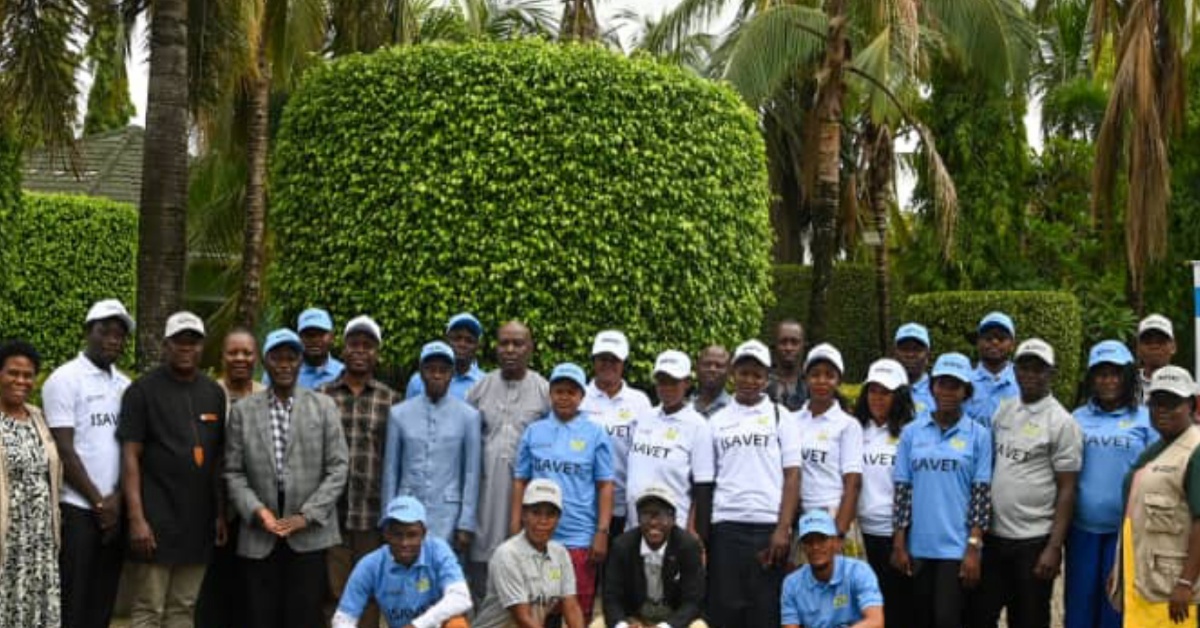The Food and Agriculture Organization of the United Nations (FAO), in collaboration with Sierra Leone’s Ministry of Agriculture and Food Security (MAFS) and the United States Agency for International Development (USAID), launched the second cohort of the In-Service Applied Veterinary Epidemiology Training (ISAVET) program. This initiative aims to improve the country’s ability to detect and respond to infectious diseases in animals, including those transmissible to humans (zoonoses).
The first ISAVET training, launched in 2022 with 13 participants, addressed critical gaps identified in veterinary services. Sierra Leone’s rich natural habitat and increased human-wildlife interaction elevate the risk of emerging diseases, as seen in the 2014-2015 Ebola Virus Disease (EVD) outbreak.
Furthermore, porous borders, weak infrastructure for animal disease control, and limited human resources hinder efforts against transboundary animal diseases (TADs) like peste des petits ruminants (PPR), foot and mouth disease, rabies, and brucellosis. These outbreaks can significantly impact public health, economic stability, and food security.
The ISAVET program directly addresses Sierra Leone’s limitations by providing on-the-job training to veterinarians and paraprofessionals. This training focuses on practical skills for disease surveillance, reporting, and response at the local level.
The second cohort comprises 21 animal health workers who will undergo four weeks of classroom training followed by three months of mentored field projects at their duty stations. Upon completion, participants will receive a Certificate of Participation.
The launch ceremony, held in Makeni, was attended by representatives from various ministries and organizations, including health, environment, and academia. Highlighting the importance of the program, FAO Assistant Representative for Programme Harding Wuyango emphasized the critical role of veterinarians in animal health and economic growth. He acknowledged the unwavering support of USAID and the pivotal role of the Directorate of Livestock and Veterinary Services.
Hon. Sahr Hemorh, Deputy Minister of Agriculture and Food Security, stressed that the ISAVET training will empower veterinary services to strengthen disease detection and reporting, contributing to the government’s “Feed Salone” initiative.
Developed by FAO, the Texas A&M University Institute for Infectious Animal Diseases (IIAD), and collaborators, the ISAVET program was launched in 2018. It addresses animal disease threats in 14 countries across West, Central, and East Africa.
Funded by USAID through the Global Health Security Agenda (GHSA), ISAVET equips agriculture ministries with the expertise needed to combat animal diseases and safeguard public health. The program’s success in Sierra Leone relies on a dedicated national steering committee, trained mentors, and a competitive selection process for participants.











